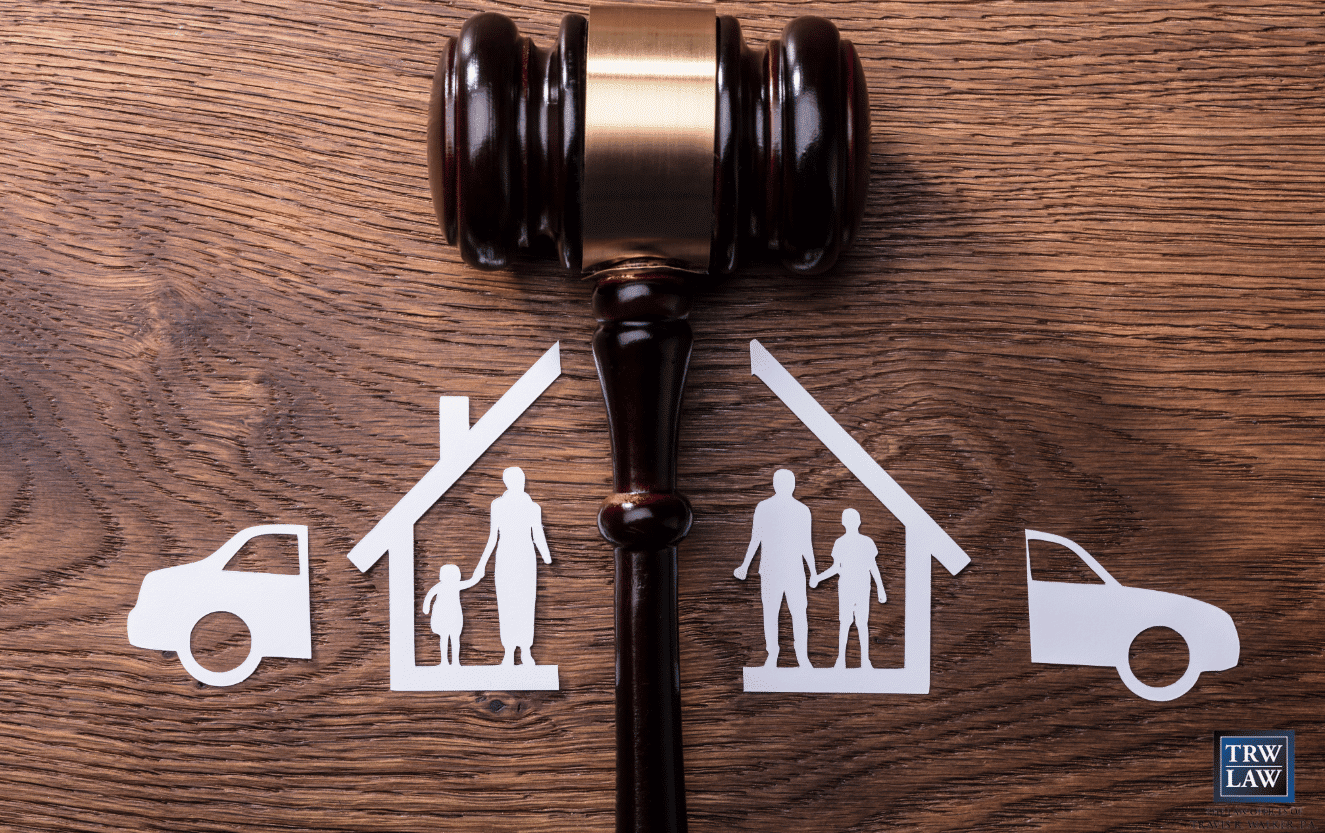When a child spends the majority of their time with one parent, the other parent typically has to pay child support for housing, food, and other expenses. It’s common for parents in these situations to ask, “How far back can child support be claimed?” Florida courts can require up to two years of retroactive child support payments. Retroactive child support covers the gap between when the obligation to pay arose and when the court actually issues a child support order. Retroactive support differs from back or past-due payments, which are those a parent has already been ordered to pay but missed. The Law Offices of Travis R. Walker, P.A., can help determine whether you’re eligible to receive or obligated to pay retroactive child support payments.
The outcome of a child support case can affect you and your child long into the future. That’s why it’s so important to understand the timeline for claiming child support in Florida. Some parents don’t realize that the courts can not only enforce an existing order but can also require a non-custodial parent to pay retroactive child support.
This raises the question: How far back can child support be claimed? Florida law limits retroactive child support payments to 24 months.
To determine if you are eligible for retroactive child support payments or may be obligated to pay retroactive support, a skilled child support lawyer can help. The Law Offices of Travis R. Walker, P.A., specializes in legal matters related to child support in Florida. We use our extensive background in this area to protect parents’ rights in custody and child support cases.
Statute of Limitations for Child Support Claims
Florida has no statute of limitations for child support—a custodial parent can file a claim at any time. When a court issues a child support order, it indicates how much money the non-custodial parent must pay monthly. If the parent misses any of those payments, they accumulate as arrears.
There’s no cutoff date for seeking arrears, so the custodial parent can continue to pursue them until they receive the full amount owed. This obligation persists regardless of the child’s age and applies even after the child reaches adulthood. In some cases, custodial parents can also seek child support payments after the non-custodial parent’s death by filing a claim against their estate.
However, when awarding an initial claim for child support, the court has the discretion to award support retroactively to the date when the parents stopped residing together. However, the court’s award cannot exceed 24 months before the petition’s filing.
Circumstances Affecting Retroactive Child Support
Many child support cases also involve retroactive child support, which is back pay for the time before an order was in place. Retroactive support is not arrears owed for an already ordered support obligation.
The court has to look at several factors when deciding whether and how much retroactive support a parent has to pay.
How Far Back Can Retroactive Child Support Go?
The court can require retroactive payments for up to 24 months before the child support filing. Within those two years, the court has some discretion in determining the start date.
For instance, the court might choose the date when the couple separated or stopped sharing a household with their child. Keep in mind that a parent can’t claim retroactive child support dating back to the child’s birth unless the child is two years old or younger.
Because the total amount of retroactive child support can be large, the courts often add it to future child support monthly payments. Some non-custodial parents also enter payment plans so they don’t have to produce the entire amount upfront.
Does the Court Always Order Retroactive Support?
Not every child support order includes retroactive pay. Some of the situations in which a court may require it include:
- Lengthy divorces: Some divorces take years to finalize. When that occurs, the court can order the non-custodial parent to pay retroactive support for the time before the support order went into effect.
- Paternity determinations: A child's paternity may be in question or unclear. When a DNA test officially confirms paternity, the non-custodial parent may be responsible for retroactive child support.
- Custody modifications: If there's a change in which parent has the child the majority of the time, they can seek retroactive child support dating back to when they filed the modification request. The court can't award retroactive support any farther back than the date of this petition.
Even if these conditions apply, the court may opt not to require the non-custodial parent to pay retroactive support under certain circumstances. For instance, it might determine a medical condition prevents a parent from paying. Alternatively, the court might not require retroactive pay if the custodial parent didn’t need the support over the two years leading up to the filing.
Enforcement of Past-Due Child Support
Unpaid child support can make it difficult for a custodial parent to provide for their child. If that occurs, they can file a legal action in circuit court asking for support in enforcing the order. The court has a variety of methods to collect any past-due support.
Garnishments and Suspensions
State law allows the court to garnish a non-custodial parent’s wages for failure to make child support payments. A wage garnishment—an automatic deduction from the parent’s paycheck—can continue for as long as it takes to collect any arrears. The state can also garnish a person’s tax refund and decide whether the non-custodial parent can claim the child as a dependent.
In addition, the courts have the right to suspend a parent’s driver’s license if they fail to meet their obligations. However, many judges avoid this approach if the lack of a license would prevent the person from working and making their payments.
Contempt of Court
One of the most common myths about child support is that every parent who fails to pay will go to jail. While that’s not true, the court can hold non-custodial parents who willfully withhold payments in contempt and incarcerate them. Criminal contempt and jail time are generally reserved for the most severe child support violations, in which a parent could pay but has chosen not to.
Parents unfamiliar with the legal system may not realize what the courts can do to enforce a child support order. A legal professional with experience in child support cases will provide you with the relevant information so you don’t miss any opportunities to obtain support for your child.
Legal Assistance for Child Support Claims
Even the most straightforward child support cases are complicated, and certain factors can make them more challenging. Not all parents are cooperative, and the non-custodial parent might try to conceal their contact information or the details of their finances so they don’t have to pay the full amount of support they owe.
Dealing with these issues is stressful, and you might not have the time and energy to manage them. When you seek legal counsel, your attorney can reduce your anxiety and handle all the details of your claim, including:
- Helping you navigate complex guidelines used to calculate child support
- Guiding you through all necessary processes and procedures
- Advocating on behalf of you and your child
- Filing paperwork
- Communicating with the other parent or their attorney
- Providing accurate, up-to-date information to the court so the judge can make a fair and reasonable child support determination
The child support lawyers at The Law Offices of Travis R. Walker have experience dealing with all aspects of child support matters. We’re committed to assisting you through every stage of your case.
Get Support With Your Child Support Case
When someone files a child support claim in Florida, the court will determine whether they’ll receive retroactive pay for any of the 24 months leading up to their filing. In addition, the court can enforce a current order so that the non-custodial parent keeps up with their payments.
Although there’s no deadline by which you have to file a child support claim, don’t wait to take action. Child support can help you meet your child’s present and future needs, and the attorneys at The Law Offices of Travis R. Walker can give you personalized guidance and legal assistance in your case. As our clients will tell you, we’re proud to support parents and their children as they work through the child support process.
If you’re involved in a child support claim, we’re here to help. Call The Law Offices of Travis R. Walker at 772-708-0952 or contact us online.













